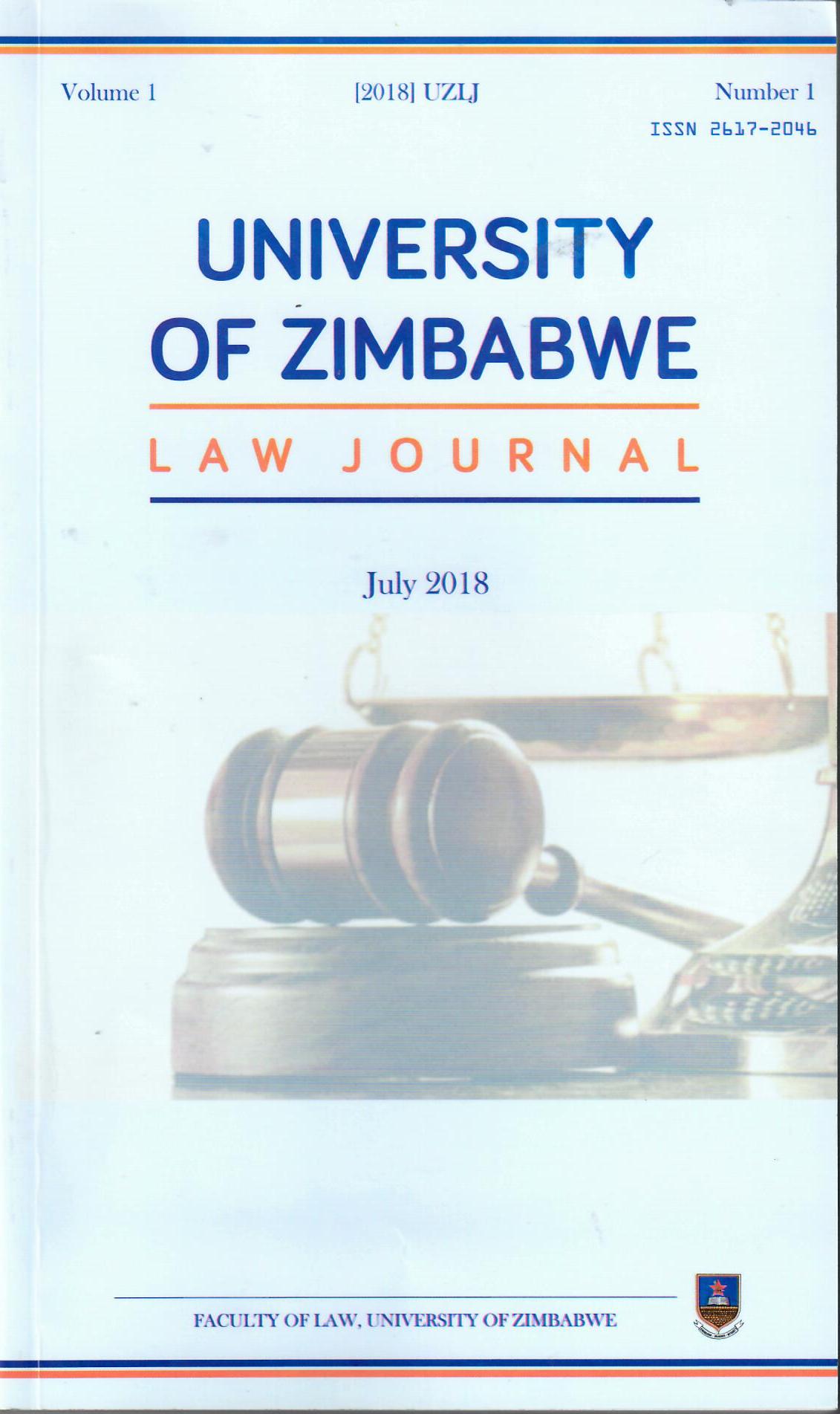A ray of hope for the outlawing of corporal punishment in Zimbabwe: A review of recent developments
Abstract
Zimbabwe has been going through some encouraging developments in the area of child rights since 2013. Of note has been the banning of child marriages in January 2016 in the Loveness Mudzuru & Ruvimbo Tsopodzi vs Minister of Justice, Legal & Parliamentary Affairs N.O; Minister of Women’s Affairs, Gender & Community Development & Attorney General of Zimbabwe (“the Mudzuru case”). In the same spirit of interpreting constitutional provisions to realise child rights, the High Court of Zimbabwe has since then twice declared corporal punishment on children to be unconstitutional in light of the ‘new’ Constitution of
Zimbabwe2 . First was the declaration of constitutional invalidity of corporal punishment by Justice Muremba on the 31 December 2014 in the case of S v Chokuramba3 , followed by a similar declaration by Justice Mangota in the case of Pfungwa & Anor v Headmistress of Belvedere Junior Primary School & Others4 on the 1 March 2017. Presently, these decisions, having been made by the High Court (lower in terms of courts hierarchy), still await confirmation by the Constitutional Court according to section 175(1) of the Constitution of Zimbabwe of 2013 which states that where any other court makes an order on a constitutional matter, such will have no force until it is confirmed by the Constitutional Court.

Downloads
Published
Issue
Section
License
Copyright (c) 2020 Blessing Mushowe

This work is licensed under a Creative Commons Attribution-NonCommercial-ShareAlike 4.0 International License.
